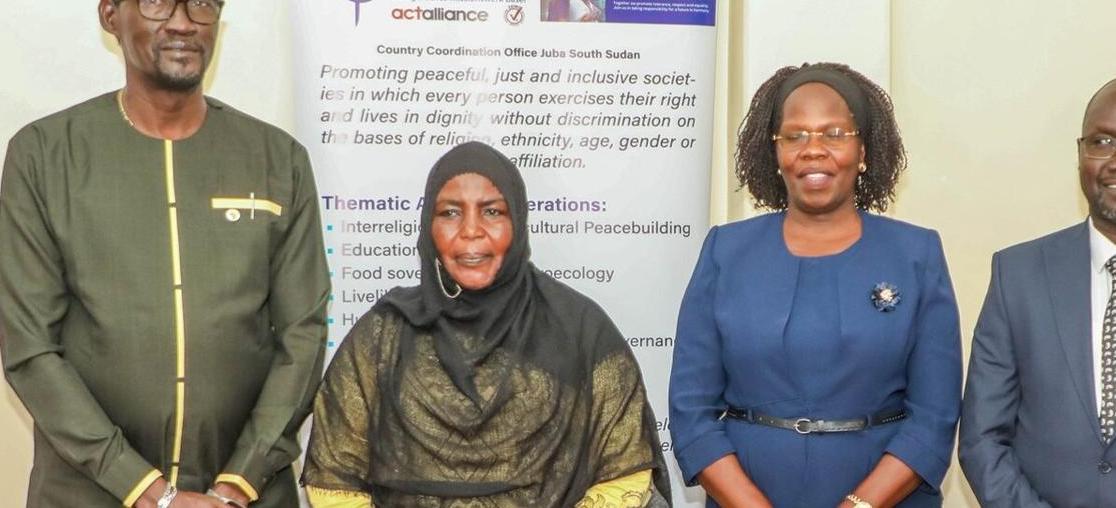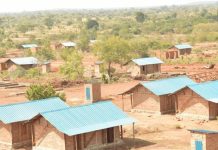Africa-Press – South-Sudan. Mission 21, a church-based health organization, in collaboration with the National Ministry of Health, has launched a baseline study on breast and cervical cancer in Juba, Central Equatoria State.
The study aims to assess awareness and prevalence of breast and cervical cancer among women aged 18 to 70 in the city. Over 2,000 women from Juba-Block, Munuki, Luri Payam, Kator-Block, Rajaf, and Gondonkoro Payams will be surveyed. The exercise will run until December 2025.
Speaking at the launch event, Kabuye Gerald, the Lead Consultant, highlighted the challenge of limited cancer data in South Sudan.
“Cervical cancer continues to be one of the most prevalent health issues in our country,” he said.
“Addressing this burden requires a multifaceted approach, including strengthening healthcare systems, raising public awareness, and fostering international collaboration. These are all critical aspects to consider,” Kabuye added.
He noted that much of the country’s understanding of cancer is based on global data, citing the Cancer Observatory, which reported approximately 6,874 new cases in 2019, with cervical cancer accounting for 11.3% of those cases.
“Additionally, barriers such as limited healthcare access, shortages of trained healthcare professionals, and cultural factors further hinder effective detection and treatment of cervical cancer,” Kabuye said.
Guliba Florence, Country Director of Mission 21, urged the community to actively participate in the program.
“The success of this program relies on all of us,” she said.
“We must reach every corner of our community, disseminate awareness, and encourage active participation. We urge each of you to make a personal commitment today to prioritize not only your health, but the health of those you love,” Guliba added.
She encouraged a collective effort to ensure cancer diagnosis is met with timely interventions and hope, rather than fear.
Justin Bruno, Executive Director of El Sabah Children’s Hospital, stressed the broader impact of breast and cervical cancer on families and communities.
“This cancer targets our mothers, our women, and is the most dangerous insecurity. When it occurs in a family, there will be instability,” Bruno said.
“That family might become poor because they will sell resources to treat the mother. If treatment comes too late, the mother may die, leaving orphans. That is a disaster,” he added.
Bruno urged enumerators to conduct the study with honesty, noting that accurate data is urgently needed.
“We know breast and cervical cancer exists, but do we know how big the problem is? I have no idea. There is no data at all in South Sudan. Enumerators, you are conducting an important exercise—please do it honestly,” he said.
The baseline study is being conducted by Mission 21 with support from the Presbyterian Relief and Development Agency, in collaboration with the National Ministry of Health.
Officials hope the findings will inform future policies, strengthen healthcare services, and improve access to cancer prevention and treatment programs across the country.
For More News And Analysis About South-Sudan Follow Africa-Press






